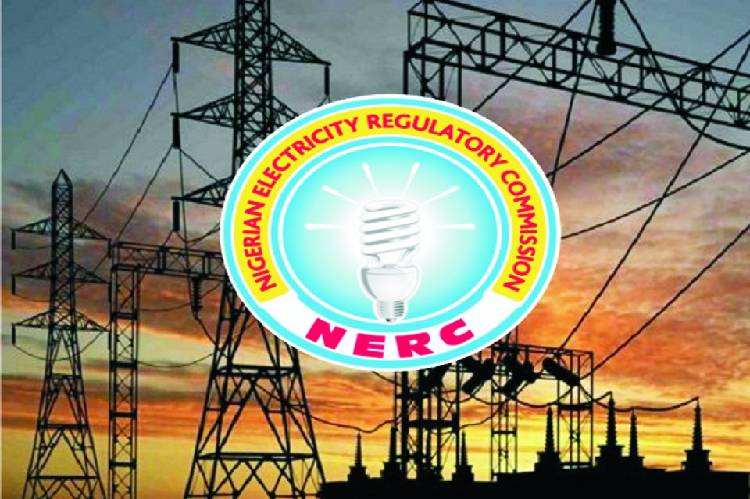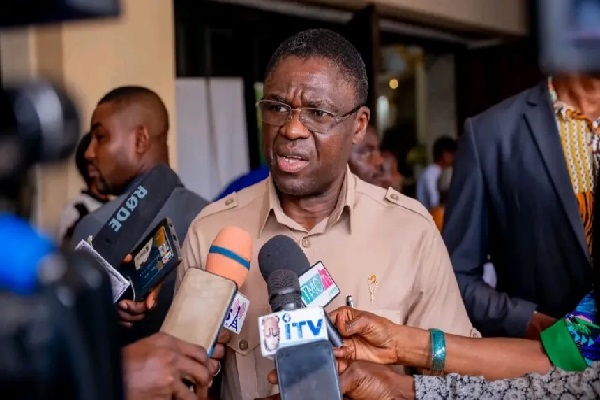Nigerians were welcomed to the new month with a new hike in electricity tariffs. Many Nigerians thought it was an April Fool’s joke, but when they saw the new rates, nobody was laughing.

Then, all of a sudden, we realised that some of us were placed in different bands of electricity consumption. For the band A consumers, the increment was a staggering 300 percent. I think by now, many Nigerians are waiting for the trumpet to sound, signalling the end of the world.

I believe that increasing electricity tariff at this time is insensitive and sinful on the part of the government. I remember saying on this page that the major reason for the astronomical rise in the price of goods and services is the removal of fuel subsidy and the floating of the naira at the same time. Because most goods and services in the country depend on the price of fuel and the exchange rate, this has caused the inflation rate to shoot up through the roof.
Recently, we have started to see some gains in the exchange rate, and Nigerians were expecting to see a drop in the price of goods and services. However, what did the government do? They increased the price of electricity, further eroding the gains. I can bet that the new increase will naturally affect businesses, and they will pass the price of goods and services to the consumers.
READ ALSO: Running Nigerian Economy On Palliatives?
Sometimes, I ask myself, “is it a sin for good things to happen to Nigerians?” No Nigerian will buy the reasons given by the federal government for the increase. Why increase electricity tariff when you have poor electricity infrastructure?
The collapse of the national grid is no longer news; it has become a frequent occurrence.
The government should have waited until at least next year before even thinking of a hike in electricity. This is the worst time to increase the tariff.
I think President Bola Tinubu should reverse it immediately before he earns the moniker of the most insensitive Nigerian president ever. No matter his good intentions of turning the fortunes of the country, giving a hat-trick of harsh policies in less than a year that are strangulating the masses will only make him unpopular.
Again, I am tempted to ask why place Nigerians on different bands of electricity. In my view, that’s discrimination. Every Nigerian should have 20-24 hours of electricity. This is a basic necessity that should be provided to all citizens, regardless of their economic or social status.
The government’s decision to increase electricity tariff at this time is not only insensitive but also detrimental to the well-being of the Nigerian people. The country is already struggling with the high cost of living, and this additional burden will only exacerbate the situation.
It is worth noting that the electricity sector in Nigeria has been plagued by a myriad of challenges, including poor infrastructure, inefficient management, and a lack of investment.
The government has been promising to address these issues for years, but the results have been disappointing. Instead of tackling the root causes of the problem, the government has resorted to passing the burden onto the citizens.
READ ALSO: Senate Ndume Requests Tinubu Government To Reverse Increased Electricity Tariffs
This move is not only short-sighted but also counterproductive. By increasing the cost of electricity, the government is effectively discouraging businesses and individuals from using it, which could lead to a further decline in the already poor electricity supply.
This, in turn, could have a ripple effect on the entire economy, leading to job losses, reduced productivity, and lower economic growth.
Moreover, the decision to place Nigerians in different electricity bands is a clear case of discrimination. It is unfair and unjust to charge some citizens more for a basic service that should be equally accessible to all. This move is likely to further exacerbate the already-existing inequality in the country, which could lead to social unrest and political instability.
The government’s justification for the increase, which includes the need to improve the electricity infrastructure and ensure a reliable supply, is understandable.
However, the timing and the manner in which it has been implemented are highly questionable. The government should have taken a more holistic approach, addressing the underlying issues in the sector and involving the citizens in the decision-making process.
Instead of increasing tariffs, the government should have focused on improving the efficiency and management of the electricity sector, attracting more investment, and exploring alternative sources of power generation.
This would have not only improved the quality of service but also reduced the burden on the citizens.
As I previously said, the government’s decision to increase electricity tariff at this time is insensitive and detrimental to the well-being of the Nigerian people. It is a short-sighted move that is likely to have far-reaching consequences on the economy and social fabric of the country.
The government should reconsider this decision and instead focus on addressing the underlying issues in the electricity sector in a more comprehensive and inclusive manner. The well-being of the Nigerian people should be the top priority, and any policy decision should be made with their best interests in mind.
Jonathan Nda-Isaiah




















